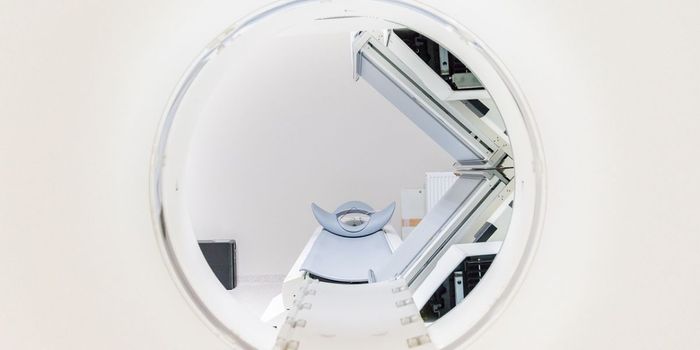When most people think of silk, they often imagine luxurious textiles in the form of clothing or accessories. But silk is emerging as an innovative biomaterial that’s being incorporated into cutting-edge science and medicine. Most recently, engineers at Tufts University devised a way to
stabilize blood for months at high temperatures using this ancient material. The team says silk could transform the way blood is collected and stored for diagnostic testing.
Silks are fibrous proteins made by silkworms and spiders. The remarkable mechanical properties of silk make this material highly versatile but difficult to replicate in synthetic form. Furthermore, natural silk is completely biocompatible, making it suitable for many medical applications, such as in gels, sponges, and films.
In particular, Tufts engineers were interested in the protein fibroin that’s extracted from silk. This protein provides the rigidity and strength that make silk so desirable. Fibroin has previously shown to increase the stability of some bioactive materials, like vaccines and antibiotics. Thus, the team set out to determine if silk could increase the stability of blood.
Diagnostic testing relies heavily on patient blood samples, which are rich in proteins, enzymes, metabolites, and other biomarkers. But blood is highly susceptible to degradation once extracted from the body. Samples must be properly refrigerated to stall the inevitable decomposition. Even with the popular method saving samples as a dried blood spot, heat and humidity can still affect the integrity of the blood sample. Furthermore, a dried blood spot does not yield sufficient material for some molecular assays.
“With anything like high humidity or high temperature, the proteins are not protected by any sort of coating or physical entrapment,” explained Jonathan Kluge, the paper's co-first author.
To test whether silk fibroin can stabilize blood from heat degradation, Tufts researchers mixed blood or plasma with a powder of purified silk fibroin. They then air-dried the mixture and stored the samples between 22 and 45 degrees Celsius (71.6 to 113 degrees Fahrenheit). These samples were rehydrated in water at various timepoints to determine the blood’s integrity.
"We found that biomarkers could be successfully analyzed even after storage for 84 days at temperatures up to 113 degrees F. Encapsulation of samples in silk provided better protection than the traditional approach of drying on paper, especially at these elevated temperatures which a shipment might encounter during overseas or summer transport," said Kluge.
While the research has a long ways to go before reaching patients and diagnostic labs, it demonstrates the huge potential for transforming how blood can be collected and stored. This is especially beneficial in rural settings where electricity for refrigeration is absent or unreliable.
Remarking on the incredible properties of fibroin, David Kaplan, who is the chair of biomedical engineering at Tufts, said: “It’s a simple protein, basically, and yet it’s all in the way it’s processed and used.” Kaplan’s lab has studied silk for over 20 years, and has come up with many medical innvoations involving this ancient material.
Additional source:
Tufts University press release









